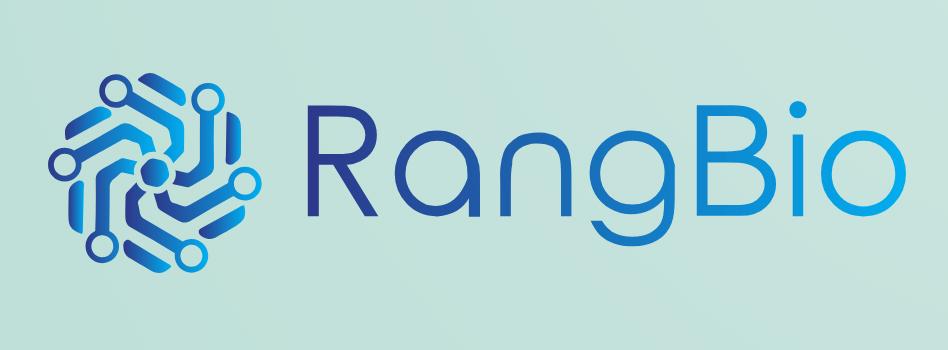
This post is a part of the Early Stage Climate Startup series from Climafix 2024
Highlights
- Non-GMO, microbial dyes with biodegradability for versatile industries.
- Microbial dyes can be produced year-round, and are fully compatible with existing dyeing infrastructure.
1. Value Proposition
- Microbial Dyes: They use proprietary non-GMO fungi strains to create biodegradable, non-toxic, and non-polluting dyes through a unique fermentation process.
2. Pain Points
- Water Usage: The textile and fashion industries use up to 200 liters of water per kilogram of fabric dyed. RangBio’s processes lead upto a 30-50% reduction in water usage.
- Chemical Usage: The dyeing industry is responsible for toxic chemicals that contain AZO compounds, including heavy metals and formaldehyde. Microbial biocolors are produced from natural fungi, which are biodegradable.
3. Climate Impact
- Microbial dyes, could cut carbon emissions by up to 50% and reduce water usage by 30-50% due to fewer rinsing steps and less wastewater generation.
4. Current & Future Target Segments
- Current Target Segments: Partnering with major players like Arvind Mills, Grasim, and Aditya Birla.
- Future Target Segments: Cosmetics, food, and packaging industries.
5. USPs
- Natural (non-GMO) and high-yielding strains of non-pathogenic fungi for biocolour production.
- Low-cost feedstocks and optimal downstream recovery processes for economic production at scale.
6. Team Profiles
- Revathi Ravishankar (Founder): An accomplished microbiologist with a passion for applying microbial biotechnology to solve environmental challenges. Gold Medalist and Masters in Microbial Biotechnology she has a deep understanding of microbial processes.
- Dr. Ravishankar Ramanathan (Co-Founder & CTO): Holds a PhD in Biophysical Chemistry and has over 20 years of experience in the fields of computational biology, AI, and biotechnology. With a background that spans both science and business management.
7. Startup Headquarters
- India: Chennai
